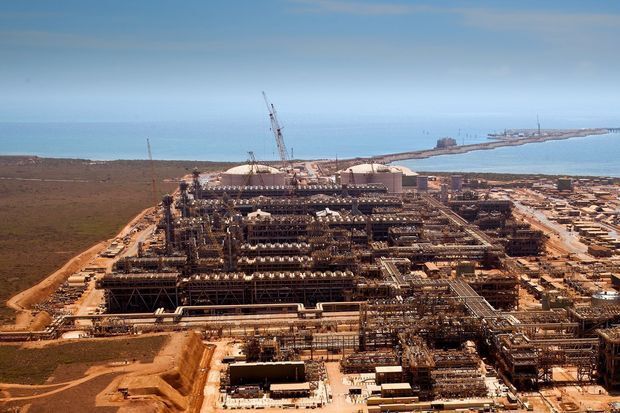
Egypt’s achievement of WHO’s ML3 contributes to attaining SDGs
Egypt has achieved a significant milestone in medicines regulation, attaining maturity level 3 (ML3) in ...

Oil companies have for decades made money by extracting carbon from the ground. Now they are trying to make money putting it back.
Energy giants such as Exxon Mobil Corp. and Royal Dutch Shell PLC are pushing carbon capture and storage—where carbon is gathered and buried underground—as part of a drive to reduce both their own and their customers’ emissions.
Executives say the service could become a new source of income when the industry is grappling with how to adapt to a lower-carbon economy.
Oil companies have long captured carbon from their operations, albeit mostly to produce more oil. Now they want to retool that skill as a service they can sell to heavy-polluting industries like cement and steel, burying their carbon in the ground indefinitely for a fee, rather than releasing it into the atmosphere. Yet critics question the environmental benefits and high cost of such projects.
Last month, Shell, Total SE and Equinor AS A launched a joint venture to store carbon in a rock formation thousands of feet beneath the seabed off the coast of Norway. The state-backed Northern Lights project is set to be the first time companies outside the oil industry will be able to pay to have their carbon gathered and stored.
Exxon has said it plans to form a new business unit to commercialize carbon capture and storage, forecasting it could become a $2 trillion market by 2040. Chevron Corp. has formed partnerships on storage projects, while BP PLC is codeveloping storage projects in the U.K. and Australia.
Egypt has achieved a significant milestone in medicines regulation, attaining maturity level 3 (ML3) in ...
A total of 157,000 beneficiaries – representing over 38,000 households – got a boon of ...
The United Kingdom and Australia have contributes about $ 22 million to support the efforts ...


اترك تعليقا